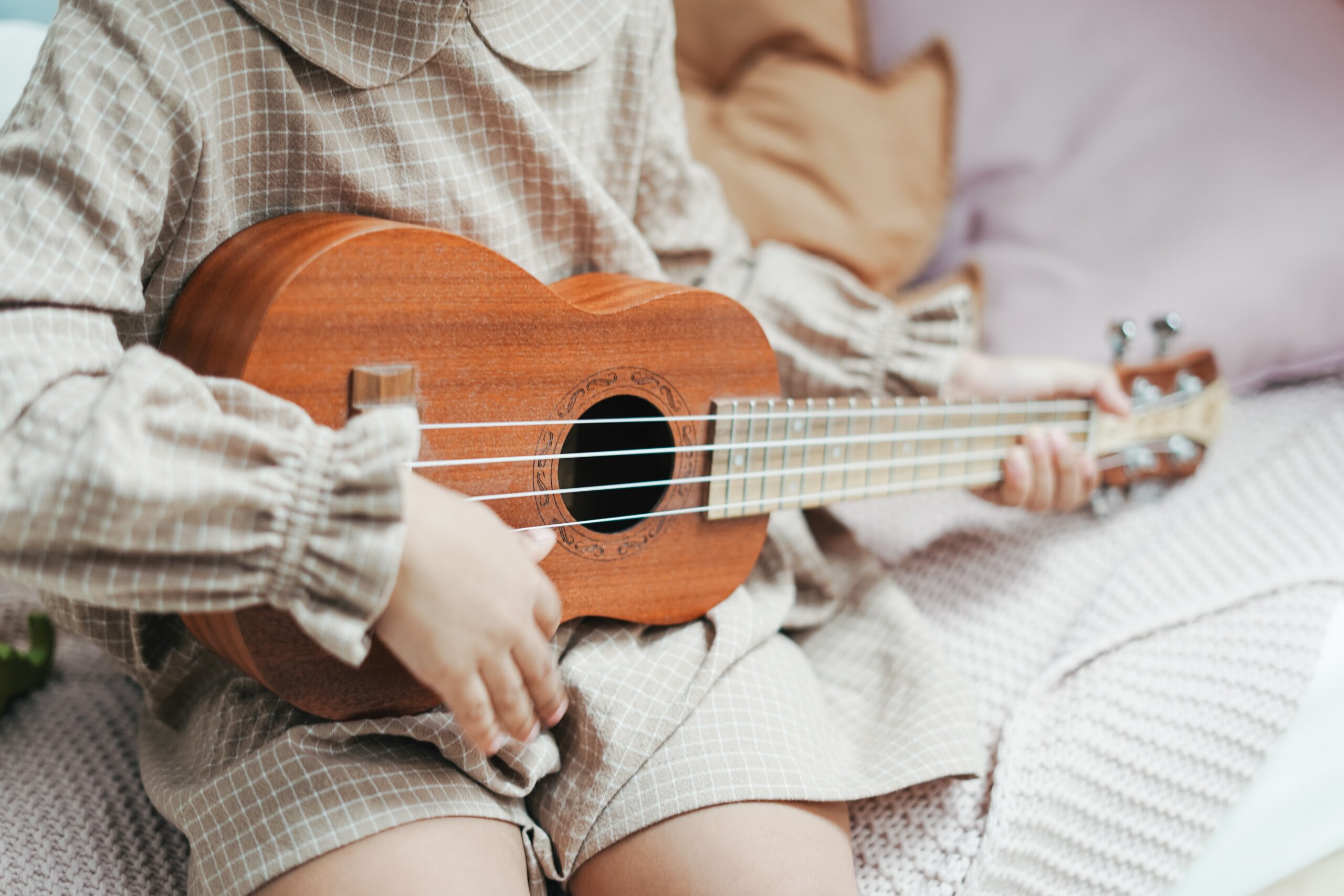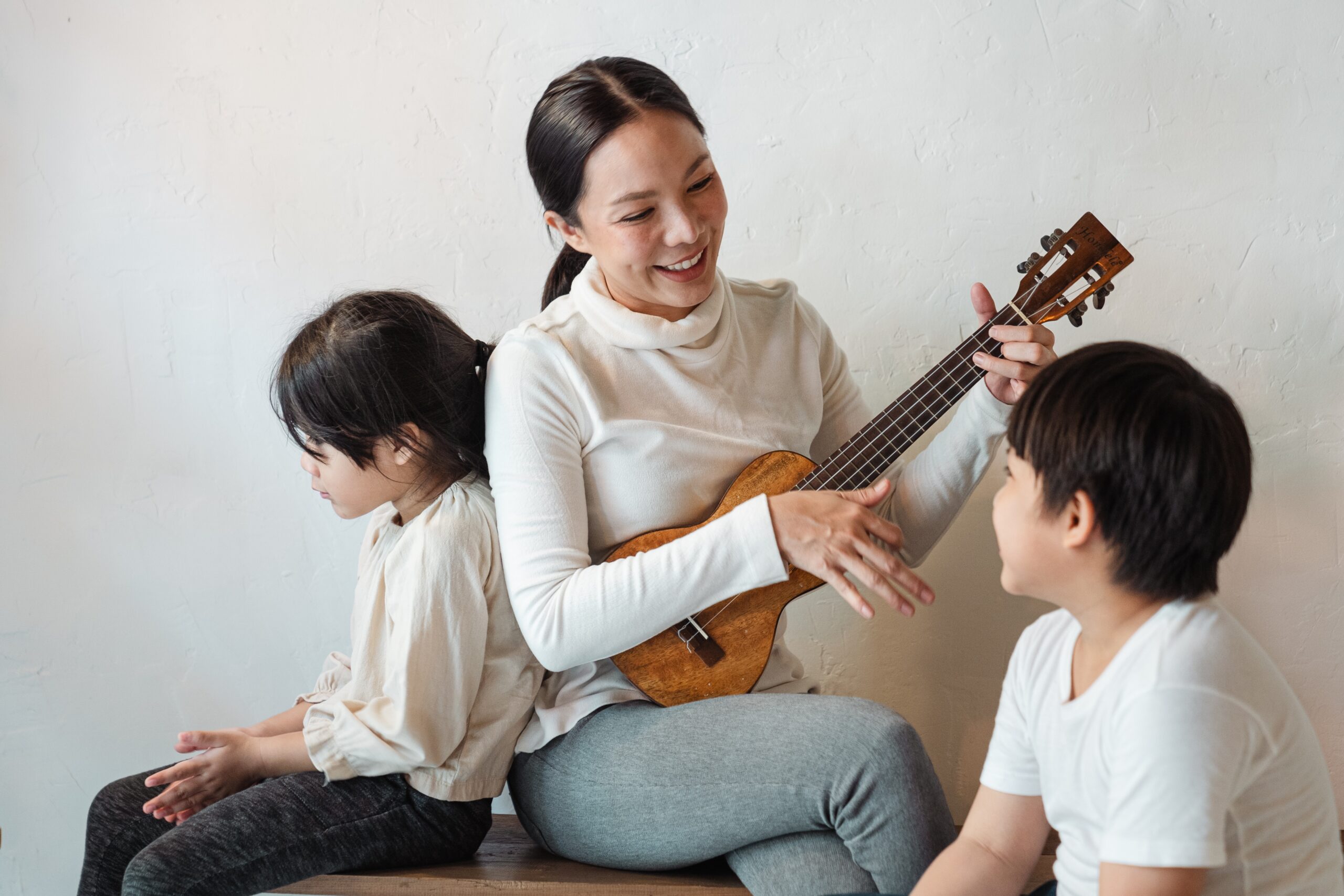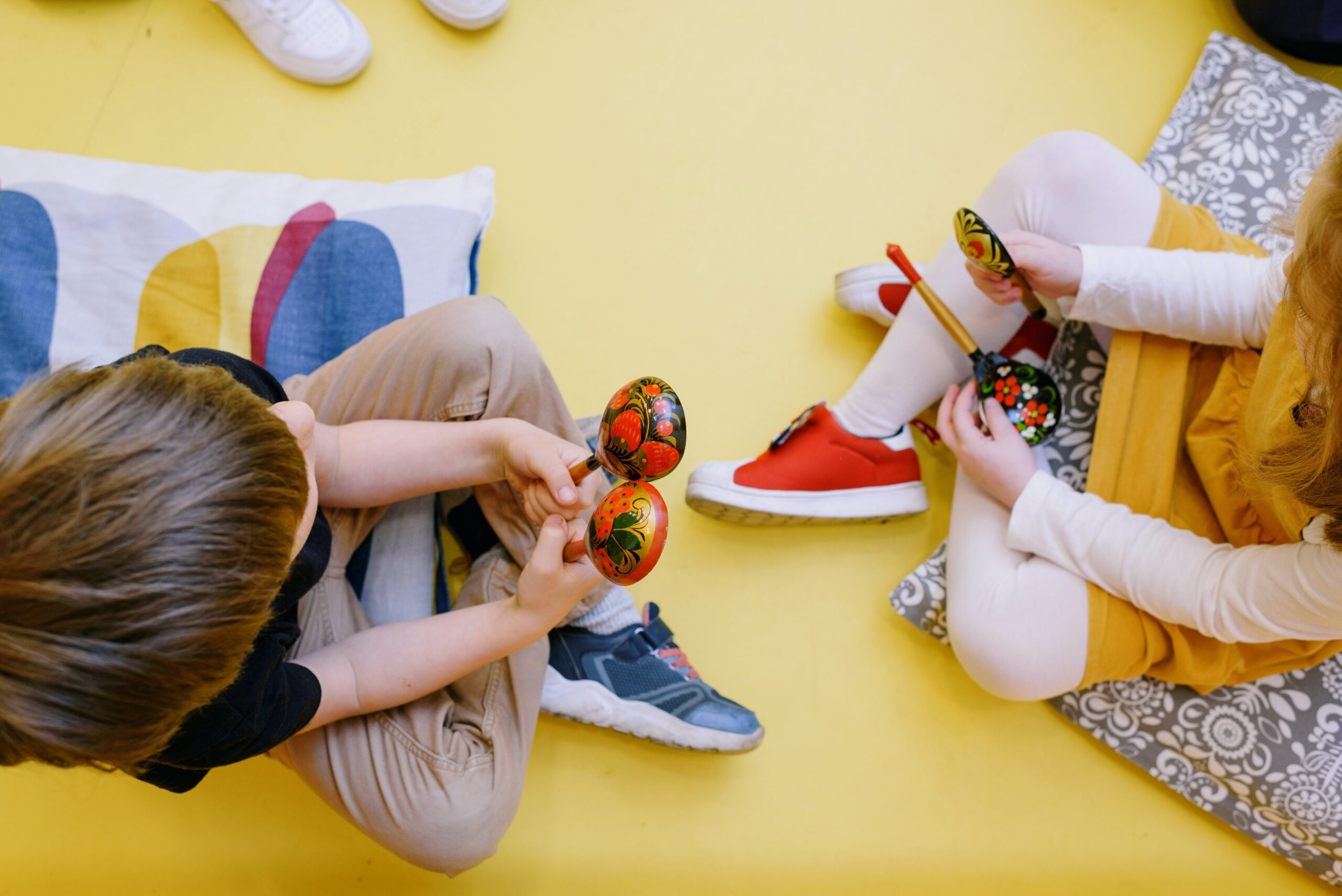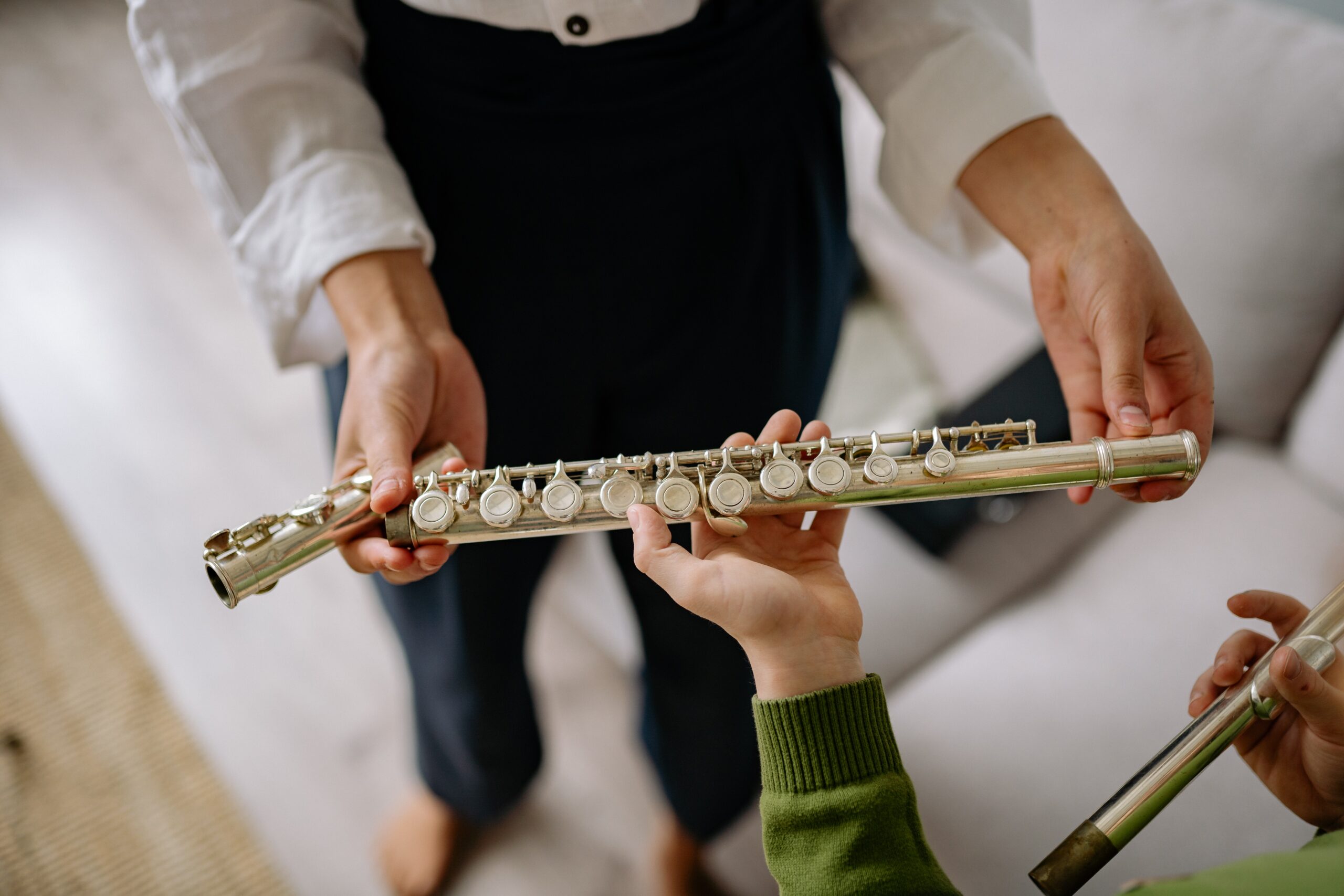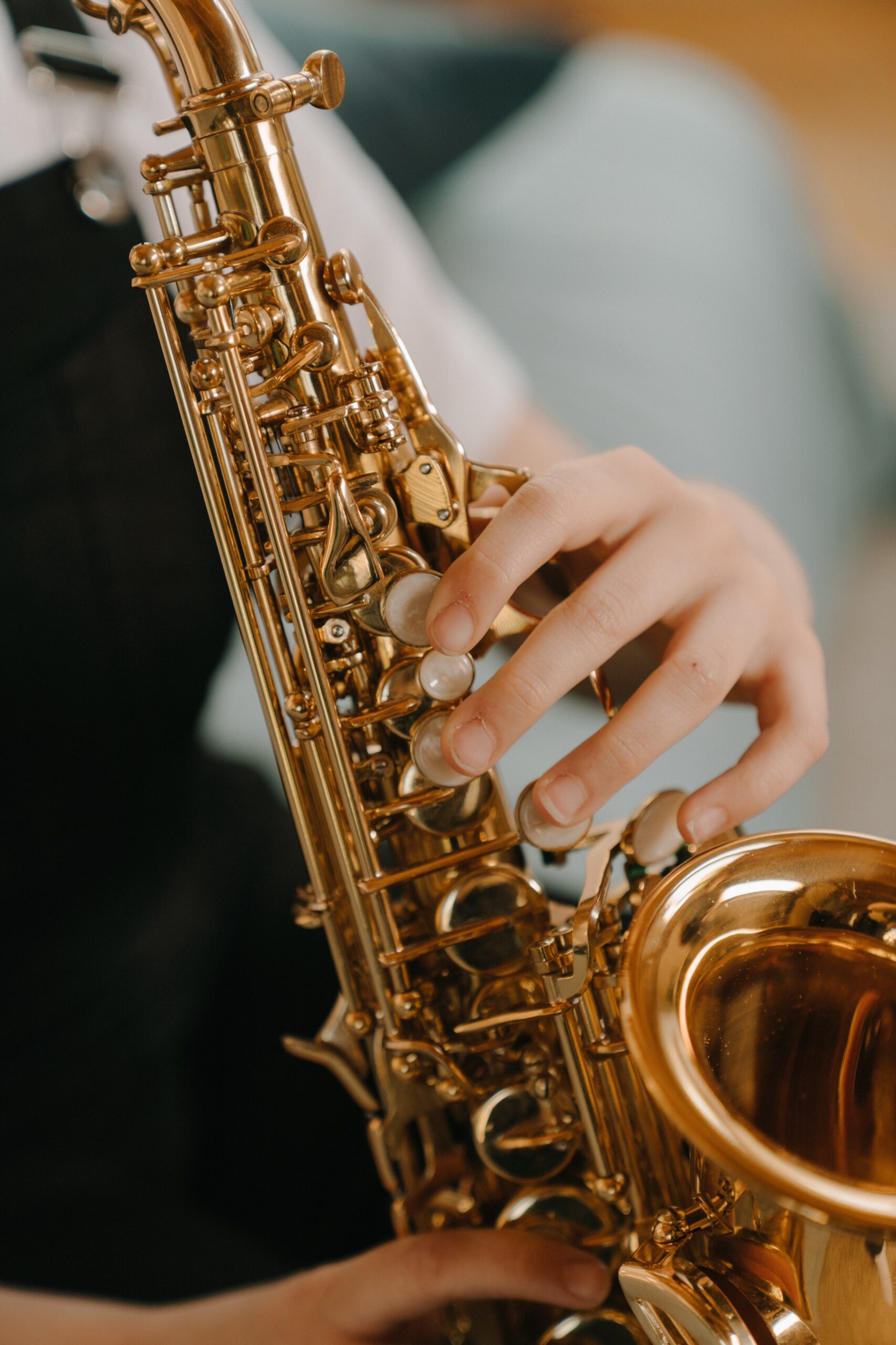Music is a universal language present in every culture, nation, and community in some form. Why not bring the magic of music to your home? Musical instruments are a natural form of expression to present to your toddler. If you’ve watched your toddler bounce to a song or attempt to clap their hands to a beat, you have seen the start of their musical journey.
Music is something toddlers can quickly tune into and many studies have connected music and toddler development. Rather than stopping at listening to music, we want to encourage you to help your toddler make music.
Experimenting with musical instruments can help your toddler develop and grow. They particularly respond to percussion instruments – think anything that can be slapped, scratched, hit, or tapped. This includes maracas, the piano, and drums. Who knows? Encouraging music creation at a young age may lead to a lifelong passion for music!
To see the connection between toddler development and musical instruments, keep reading!
Make a Difference: Development and Growth
When you hand a toddler an instrument, you hand them the first step towards building freedom of creativity and expression. On that journey, they will also develop these skills:
Finetune Gross Motor Skills
Musical instruments are great tools to promote physical development. Take drumming for example. Drumming open-handed can build gross motor skills while introducing a drumstick strengthens fine motor skills. There are even drumsticks built for small hands known as Kidsticks. Drums designed for gross and fine motor skill development are everywhere, but some top-quality ones can be found at soundhalo.com and at drumcenternh.com.
Sensory Development Support
While you might think hearing is the most important of the five senses when making music, you’d be wrong. Playing an instrument also involves touch and sight (with a curious toddler, it might even involve taste)!
Sensory development occurs when your child learns to hold and play various instruments, using movement and balance to do it. Their understanding will develop as they connect different movements with different sounds. For example, the different sounds you get when you bang a drum fast and forcefully versus soft and slow.
Hand-Eye Coordination
Some instruments, like the piano or drums, require hand-eye coordination. Your child will continuously engage and develop this skill as they learn to play.
Learn Perseverance and Patience
As the parent of a rambunctious toddler, you likely have ample experience with perseverance and patience. The point of contention is how to instill these values in your child. One way is to begin the musical journey early and continue to encourage it. As they grow older, they will devote time and focus on developing their skill. As a toddler, they will begin this by mimicking beats and developing a sense of accomplishment with every mastery.
Brain Development Acceleration
A 2016 study from the University of Southern California discovered a direct connection between brain development and musical instruments in comparison to youth who did not play. Specific areas of the brain that developed faster include the areas focused on sound processing, language development, reading skills, and speech perception.
Music and Emotions
Creating music and interacting with it requires physical; and mental engagement, but much more than that, emotional engagement is a necessity, as emotions are a huge part of creating and listening to music. When you encourage your child to play instruments, you can teach them to get in touch with their emotions and even control them. Music can be a great way to regulate anxiety and nervousness, so if caught early, your child can better manage their emotions when they grow up. Research has also shown that music education can improve emotional intelligence, which is one’s ability to recognize and interpret their emotions and those around them.
Music and The Brain
Various studies show that there is a dramatic and positive impact of learning music on a child’s brain. Music touches almost all significant spheres of neurological activity, which helps it develop. Music also affects a brain’s plasticity, which is a person’s ability to change and learn. When a child starts to learn to play music, their brain hears and processes sounds it would not have been otherwise exposed to. This helps develop neurophysiological distinction that aids in literacy and improved academic performance.
Music and Muscles
Learning to play musical instruments can significantly help your child develop their coordination because it requires very fine movements of the hands, arms, and feet, often in timing with external stimuli. This external stimulus can also include other musicians, so to be able to move your body in such sophisticated movements, training needs to happen during childhood. Additionally, some instruments, like strings and keyboard instruments, such as violin and piano, require different actions from your left and right hand simultaneously, which can only be achieved through muscle memory.
So, Where Should They Start?
After reading that, you may be tempted to run out and buy a junior drum set. Before that, just know some instruments are better suited to toddlers – and are more fun for young hands! You will want to avoid fine-tuned instruments like violins for now. However, any percussion instrument will be great for development. This is anything that can clang, bang, scratch, shake, hit, or tap. If you are in a pinch, just give them a wooden spoon and some pots and pans!
If you want to begin their musical journey with an instrument, these are some great ones to begin with:
- Cymbals
- Maracas
- Woodblocks
- Piano or keyboard
- Bongo drums
- Tambourine
- Snare drum
- Cowbell
- Xylophone
- Triangle
Once you have the instrument, it is time to encourage that lifelong passion for music!
Conclusion
Mastering musical instruments takes years and years of practice. Still, children are quick to pick up on skills, so if you want your child to develop and learn a musical instrument, it is best to teach them from when they are very young. Research has also proven that learning a musical instrument can be highly beneficial for toddlers as it can help them refine their motor skills, sharpen their brains and control their emotions.

